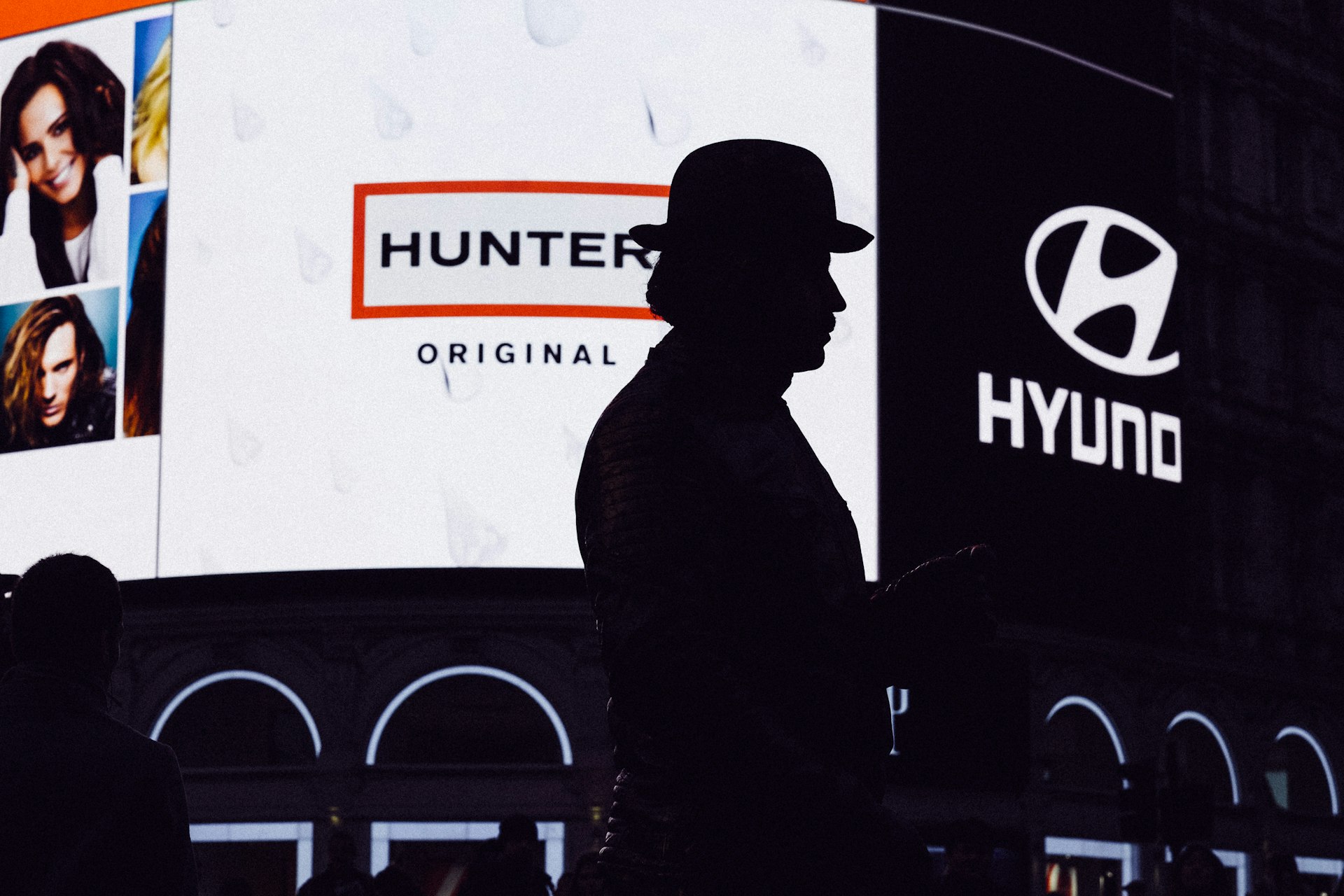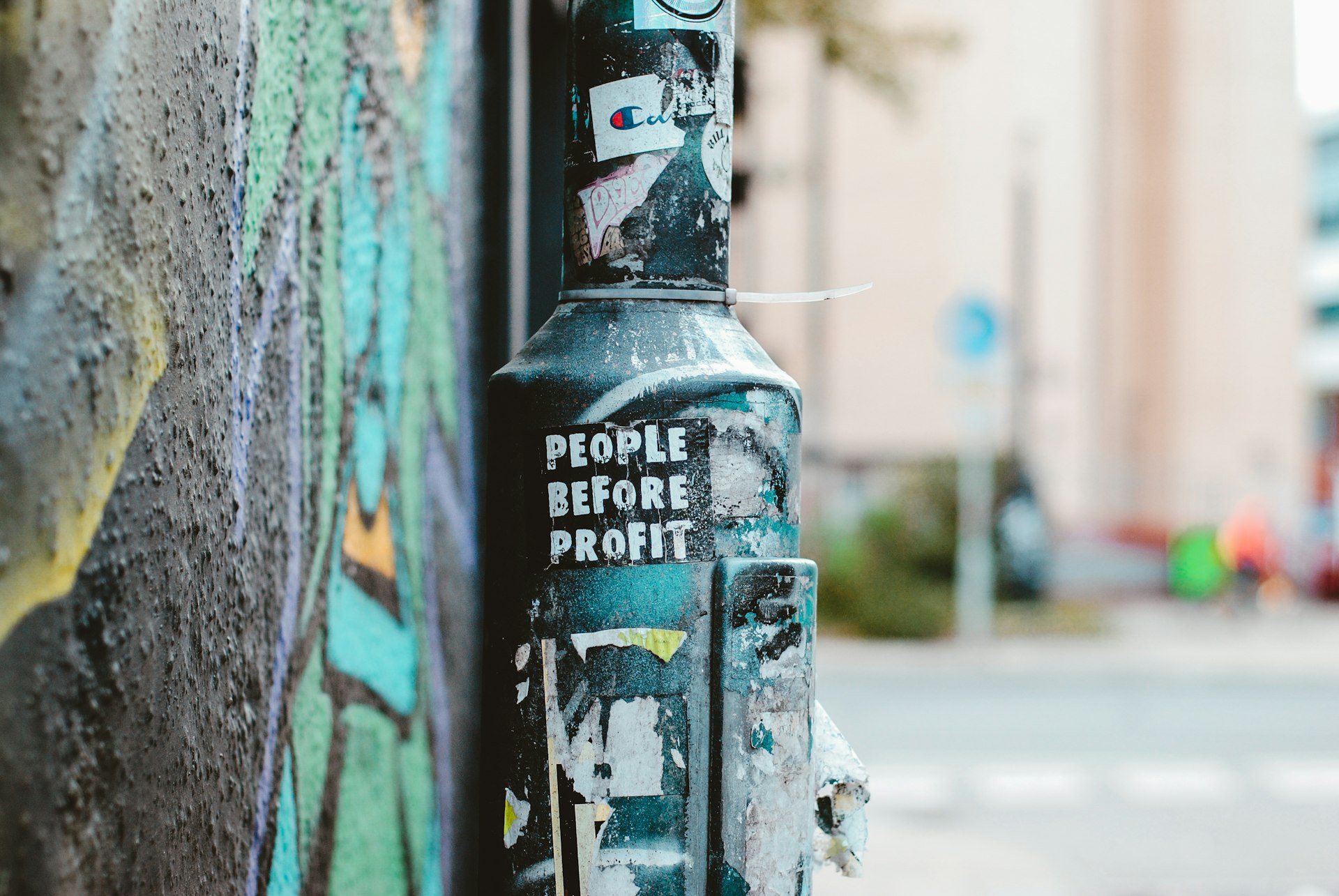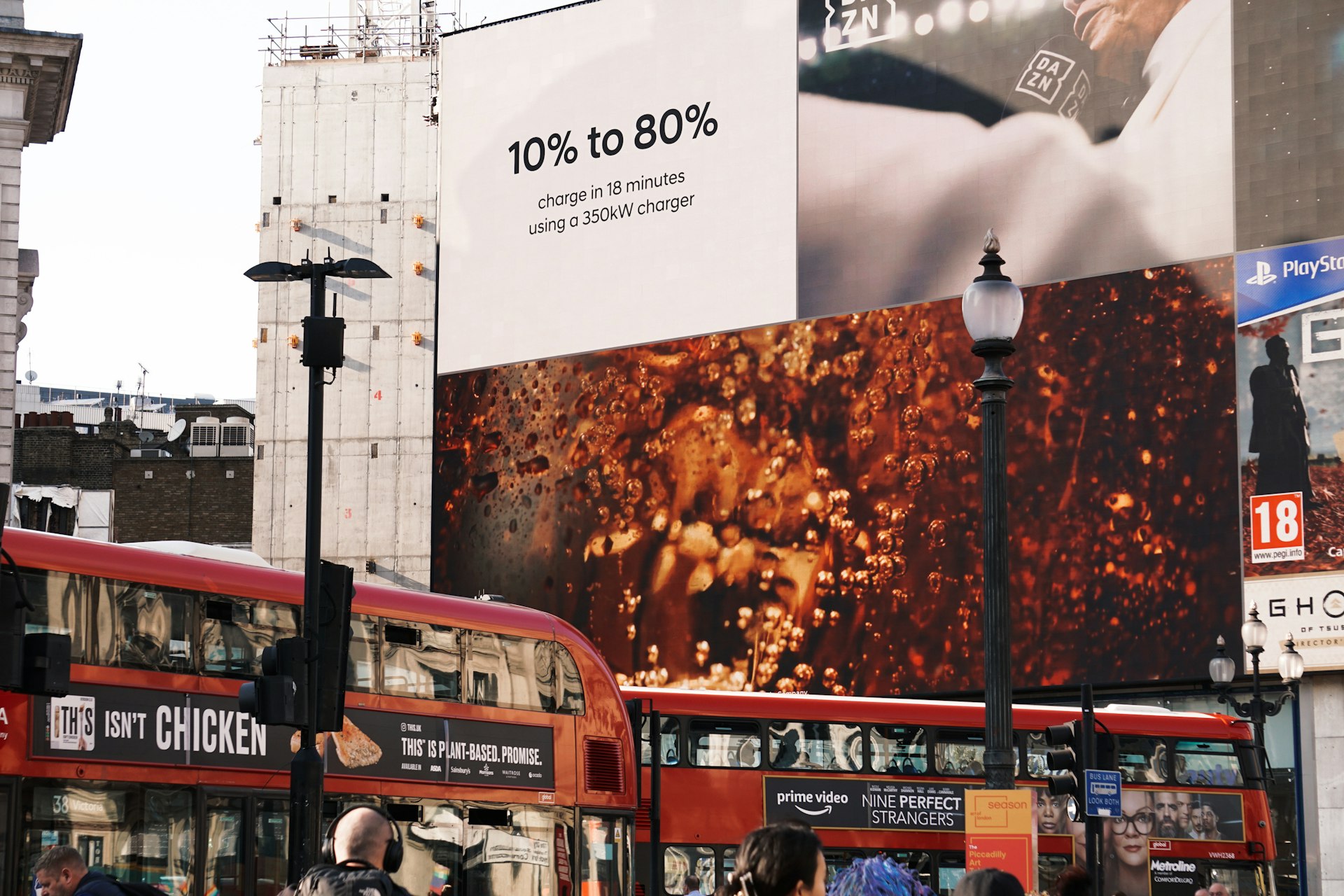Unlocking Engagement: The Rise of Branded Challenges on Social Platforms

Photo by Shutter Speed on Unsplash
Introduction: Branded Challenges Reshape Social Engagement
The rapid evolution of social platforms has given rise to branded challenges, a dynamic strategy that drives authentic user engagement and amplifies brand storytelling. As users seek realness and entertainment, brands are leveraging challenges to spark participation, foster community, and earn lasting loyalty. This article explores how branded challenges are revolutionizing social media marketing, providing step-by-step guidance, actionable examples, and insight into accessing these opportunities in 2025.
What Are Branded Challenges?
Branded challenges are interactive campaigns launched by brands across social platforms, inviting users to participate in specific activities, create content, and share their experiences. Typically, these campaigns encourage user-generated content (UGC), making participants co-creators in the brand’s narrative. Examples include TikTok dance challenges, Instagram hashtag campaigns, and product review competitions. The goal is to ignite organic virality, strengthen brand identity, and build deeper relationships with audiences [3] .
Why Branded Challenges Are Booming in 2025
Several converging trends have set the stage for the rise of branded challenges:
- Shift to Authenticity: Audiences, especially Millennials and Gen Z, increasingly demand raw, relatable content. Overly polished campaigns are losing traction, while authentic, user-driven challenges are winning trust and engagement [2] .
- Content Experimentation: Brands are pushing creative boundaries, often ditching strict guidelines to produce entertaining and experimental content that resonates with users [3] .
- Platform Dynamics: The proliferation of new platforms and features (such as short-form video and AR) provides fertile ground for challenge-based campaigns to flourish [1] .
- Social Proof via UGC: Challenges naturally generate user endorsements and testimonials, which act as powerful social proof and drive community formation [2] .
Benefits of Branded Challenges
Brands embracing this strategy report tangible benefits:
- Boosted Engagement: Interactive campaigns drive higher participation rates and extended brand reach [5] .
- Stronger Brand Identity: Challenges offer opportunities to showcase brand personality and values, cultivating loyalty among participants [3] .
- Cost-Effective Content Creation: User-generated entries reduce creative costs and diversify content portfolios [2] .
- Market Insights: Real-time feedback and trends emerge from challenge participation, informing future campaigns [1] .
How To Launch a Successful Branded Challenge: Step-by-Step Guidance
Implementing a branded challenge requires careful planning and execution. Here’s how to do it:
- Set Clear Objectives: Define what you want to achieve-brand awareness, product launches, audience growth, or content creation. Establish measurable goals and KPIs.
- Know Your Audience: Research platform demographics and user preferences. Tailor your challenge to fit the values and content habits of your target audience [2] .
- Design the Challenge: Create a compelling activity-such as a hashtag contest, creative task, or video challenge. Ensure instructions are simple and participation is easy.
- Promote Across Channels: Use official social media accounts, influencers, and paid ads to announce the challenge. Leverage platform-specific tools (e.g., TikTok’s sponsored challenges, Instagram Stories).
- Encourage Authentic UGC: Ask users to share genuine stories, experiences, or creative takes. Feature top entries to boost visibility and motivate participation [5] .
- Engage and Respond: Interact with participants, comment on submissions, and share user content. Timely engagement fosters community and positive sentiment [1] .
- Analyze Results: Track metrics such as reach, engagement rates, content volume, and sentiment. Adjust future campaigns based on insights.
Real-World Examples and Case Studies
Branded challenges have yielded impressive results for global brands:
- Chipotle’s TikTok Lid Flip Challenge: By encouraging users to flip burrito lids on TikTok, Chipotle received millions of views and significant increases in app downloads. The challenge thrived on authenticity and user creativity.
- Apple’s #ShotOniPhone: Apple invites users to share photos taken on iPhones using the hashtag #ShotOniPhone. The campaign generates vast amounts of UGC, strengthens brand identity, and showcases product quality.
- Gymshark’s Home Workout Challenge: During the pandemic, Gymshark launched challenges encouraging at-home workouts. User stories and videos not only promoted fitness but also built a resilient online community.
To find more case studies, search for “branded social media challenge case studies” on established marketing news sites or industry publications.
Practical Steps to Access Branded Challenge Opportunities
If you’re a marketer or brand leader looking to leverage branded challenges, consider these steps:
- Identify platforms most aligned with your audience-TikTok, Instagram, YouTube, or emerging niche apps.
- Visit each platform’s official resource center for campaign guidelines and best practices. For example, TikTok’s official TikTok for Business portal offers verified guidance on launching branded challenges.
- Reach out to platform-specific support teams for technical assistance and campaign setup.
- Connect with industry peers and marketing communities (such as Sprout Social’s Arboretum) for shared insights and success stories [5] .
- Consult official platform analytics tools to track progress and optimize future challenges.
For organizations new to social media marketing, consider contacting certified digital agencies or attending webinars provided by established platforms for step-by-step onboarding.

Photo by Brett Jordan on Unsplash
Potential Challenges and Solutions
While branded challenges offer powerful engagement, they present obstacles:
- Content Oversaturation: With so many brands vying for attention, challenges may struggle to stand out. Solution: Focus on niche audience interests and original storytelling [1] .
- Brand Consistency: Pushing creative boundaries may risk diluting brand identity. Solution: Maintain core values and messaging, even as you experiment with content styles [3] .
- Privacy Concerns: Collecting UGC requires ethical practices and transparency. Solution: Clearly communicate terms, respect user data, and comply with platform privacy guidelines [2] .
- Measurement Complexity: Tracking challenge results across multiple platforms can be complex. Solution: Use unified analytics dashboards and set clear KPIs from the outset.
Alternative Approaches to Engagement
In addition to branded challenges, brands can consider:
- Live Interactive Events: Host live Q&A sessions, webinars, or product launches to foster real-time engagement.
- Collaborative Content Creation: Partner with influencers or micro-creators for co-branded campaigns.
- Social Commerce Initiatives: Integrate shopping features with interactive campaigns to drive conversions [1] .
Explore these alternatives by visiting official platform business portals or searching for “social media engagement strategies 2025.”
Key Takeaways and Next Steps
Branded challenges are a cornerstone of effective social media engagement in 2025, delivering authenticity, participation, and business results. Brands seeking to harness this trend should focus on creative experimentation, genuine storytelling, and community-building. To get started, research platform-specific resources, consult digital marketing experts, and continually adapt strategies based on analytics and audience feedback.
References
MORE FROM eboxgo.com













